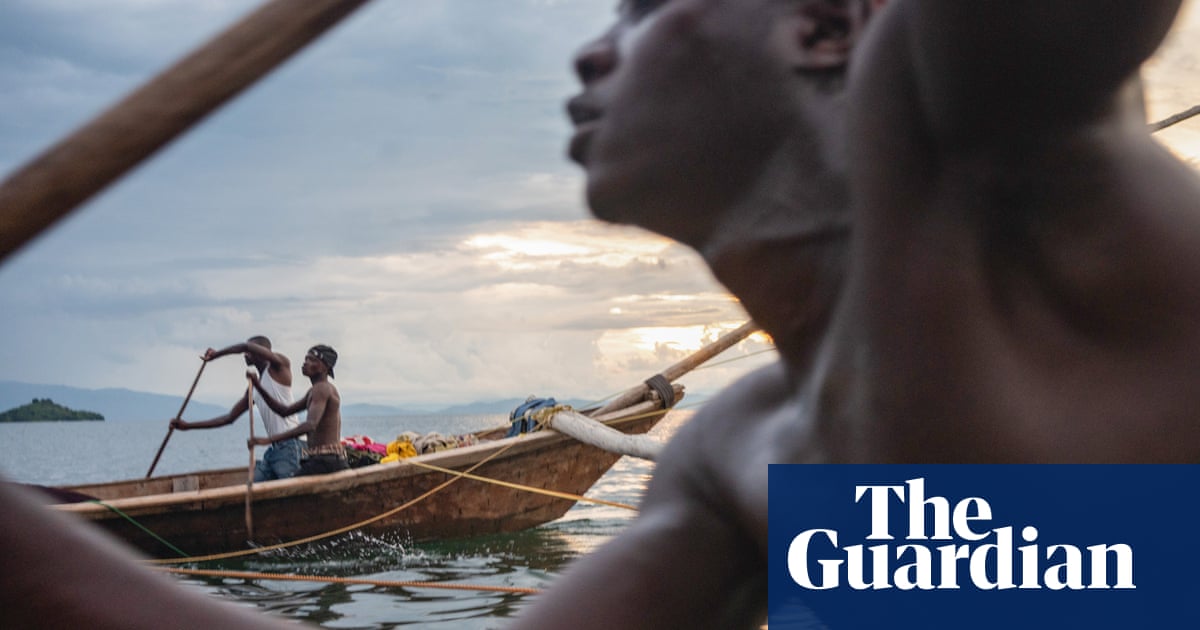
"The lake's 2.6 gigatonnes of CO2 and 60 km of dissolved methane pose a significant risk, as a limnic eruption could suffocate local communities."
"Ten years ago, we caught 300 kilos of fish a night; today, it's barely half that. The pressure of climate change is a major concern."
"The Rwandan government introduced biological breaks in 2020 to help replenish the dwindling fish stocks in Lake Kivu amid climate pressures."
"Lake Kivu, in a seismically active area, is crucial not only for its fish but also poses risks of eruptions that could devastate the shoreline population."
Lake Kivu, one of the African Great Lakes, holds about 2.6 gigatonnes of CO2 and significant dissolved methane, posing a risk of dangerous limnic eruptions for the over two million residents along its shores. Fishermen like John are facing declining catches, attributed to climate change impacts and pollution, prompting the Rwandan government to implement biological breaks since 2020 to help revive fish populations. The lake's unique ecosystem is under pressure, with the endemic sambaza fishâs decline significantly affecting local diets and livelihoods amidst ongoing environmental concerns.
Read at www.theguardian.com
Unable to calculate read time
Collection
[
|
...
]